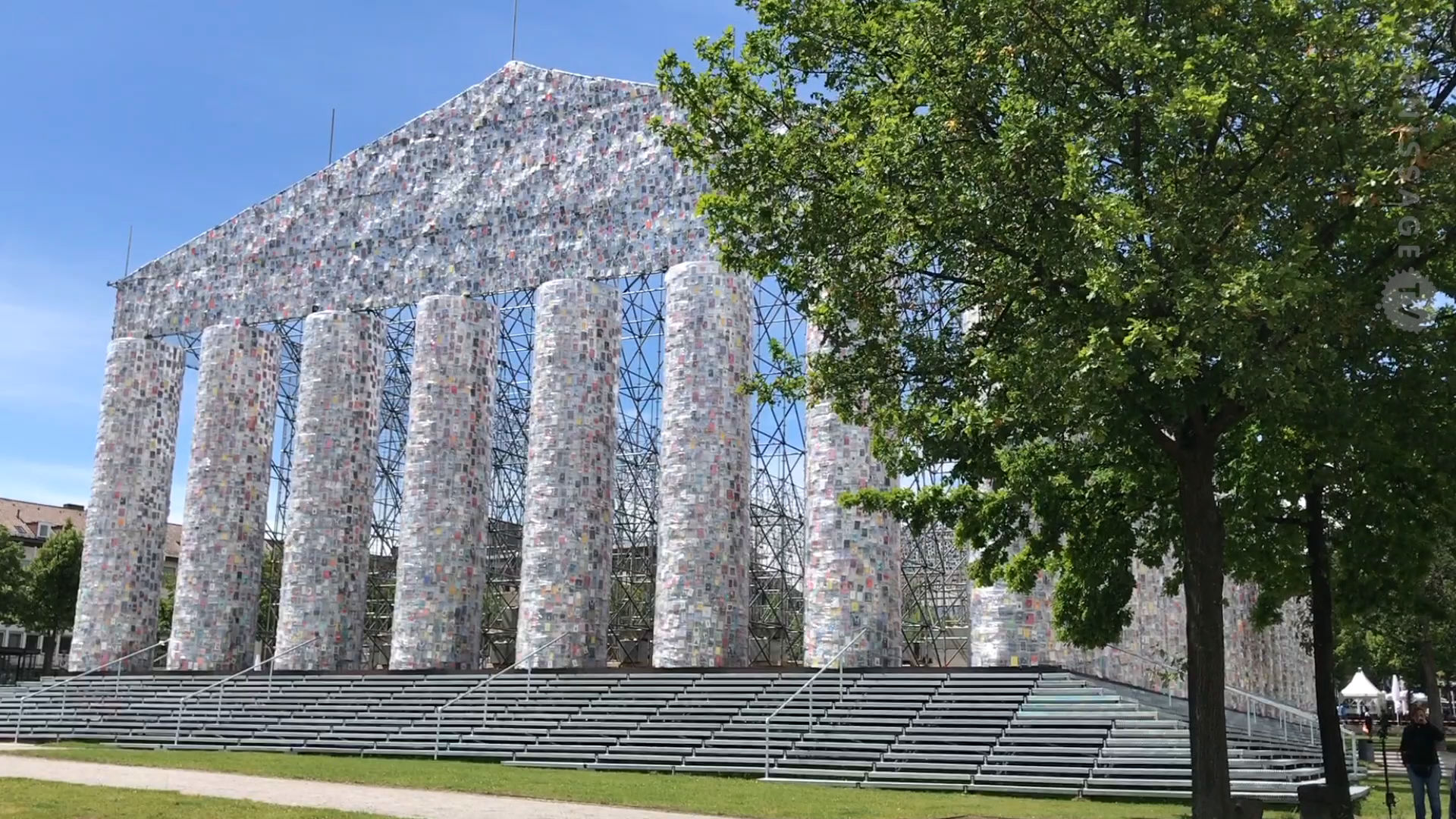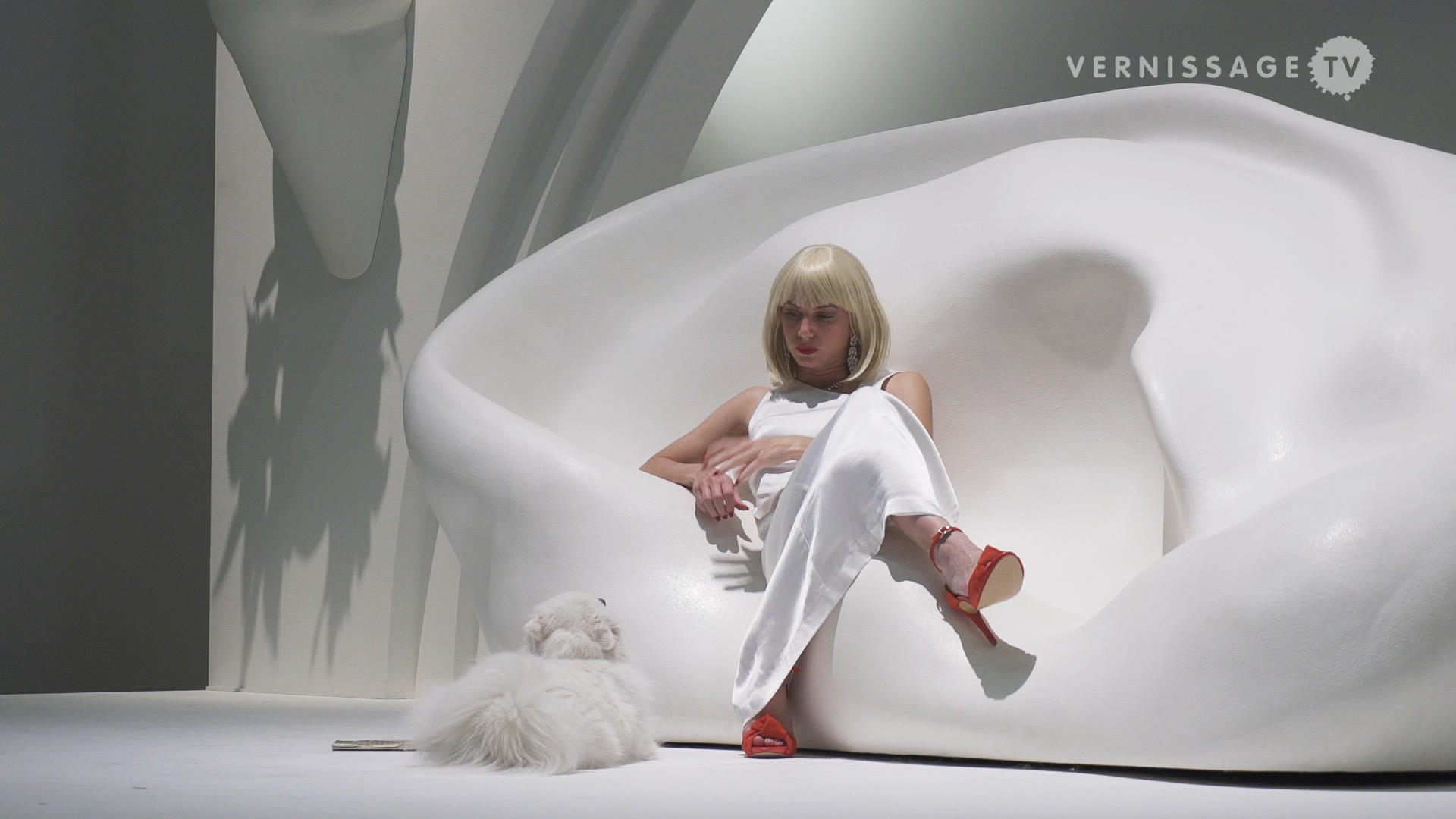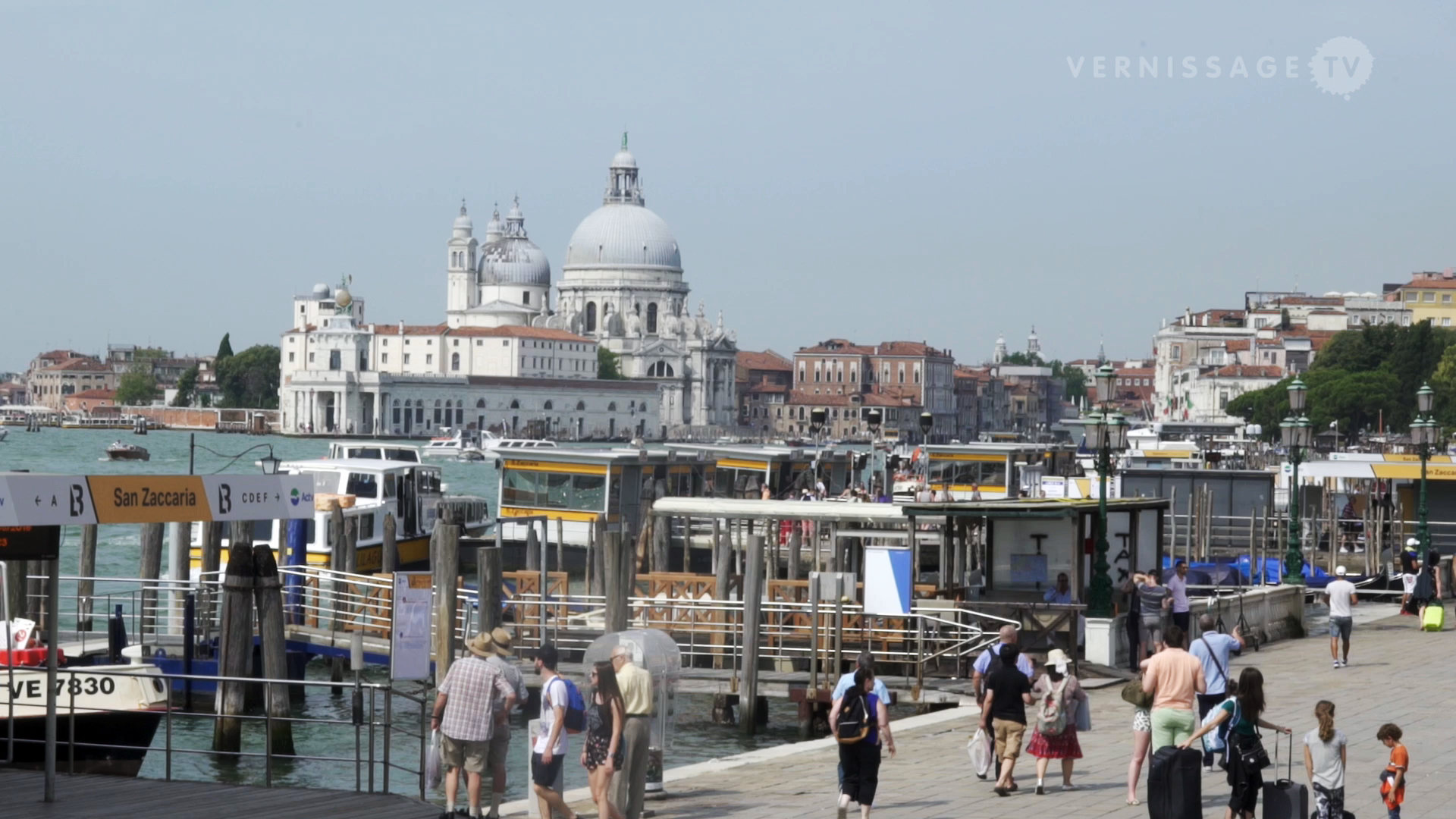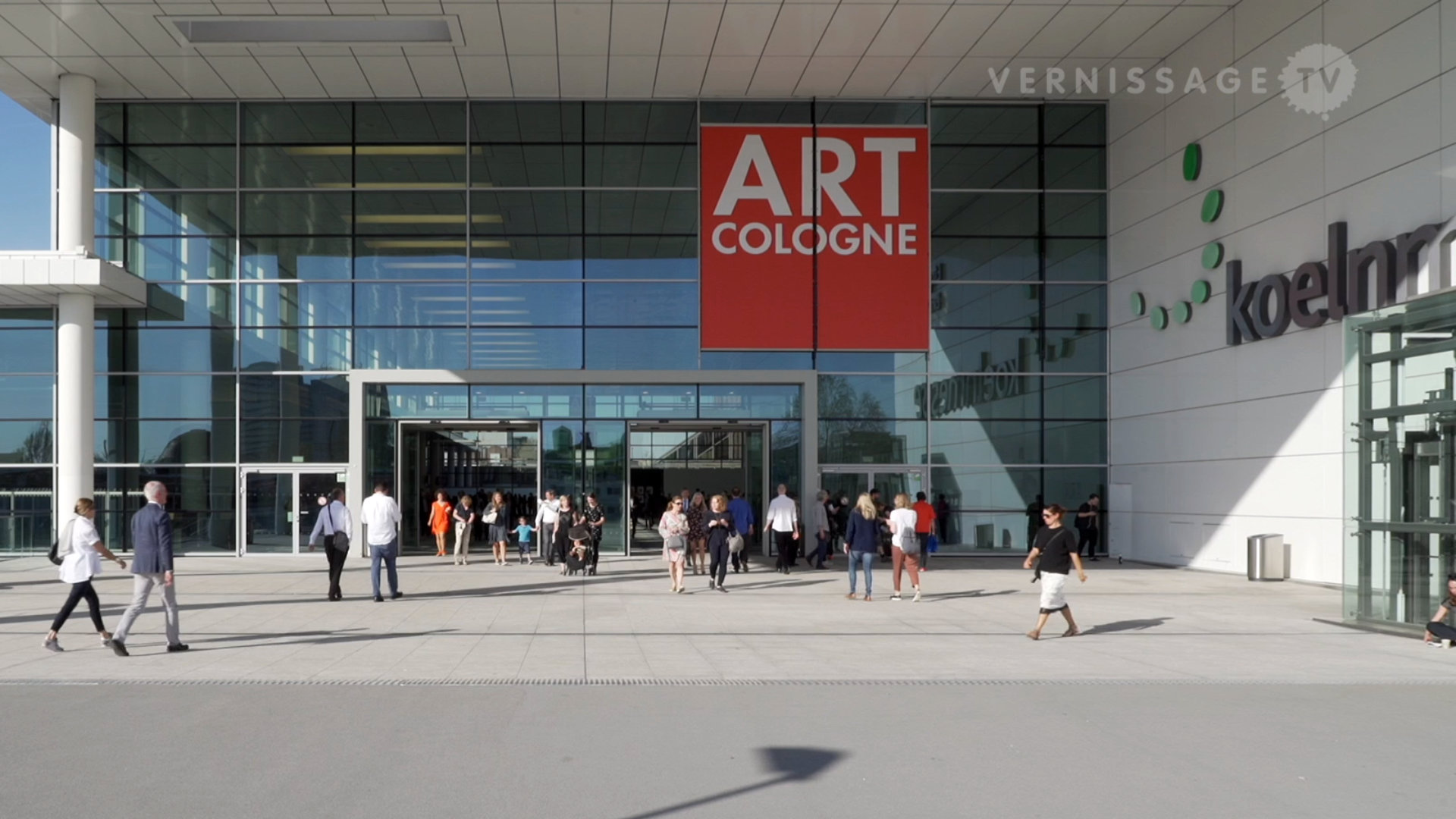The exhibition It’s Possible Because It’s Possible at MUAC in Mexico City brings together a group of works by Raqs Media Collective, a group set up in 1992 by Jeebesh Bagchi (1966), Monica Narula (1969) and Shuddhabrata Sengupta (1968) and based in New Delhi, India.
Raqs Media Collective: It’s Possible Because It’s Possible at MUAC, Mexico City. Video by Diego García Sotomoro.
> Right-click (Mac: ctrl-click) this link to download Quicktime video file.
Press text:
It’s Possible Because It’s Possible
It’s Possible Because It’s Possible assembles a group of works by the Raqs Media Collective, a group of artists that formed in 1992 and is based in New Delhi. Raqs is a laboratory for thought that treats visual art as a starting point for social and political reflection. The name “Raqs” refers to the word used in Persian, Arabic and Urdu to define a meditative state, and at the same time is an acronym of “Rarely Asked Questions,” in allusion to the FAQs or “Frequently Asked Questions” found on so many websites.
It’s Possible Because It’s Possible is an affirmation in the face of a certain defeatist determinism. Against the indeterminacy of the “I would prefer not to” of the character created by Herman Melville in his short story Bartleby, the Scrivener, “It is possible because it is possible” reasserts the possibility of turning potential into action, and remaining open to the possible; for the collective it implies whatever may come to happen, because its enunciation means that it is already happening.
In this sense, the exhibition analyzes the work of Raqs as one of the possibilities of practice, criticism, and invention, as well as a refutation of a certain determinism to which it would appear we are condemned. This “possibility” also becomes a rejection of the apparent obligation to accept impositions, whether in resignation or otherwise. Each work, allegory, reflection, image, and artifact the collective has created is a reminder that is necessary in the present day: to prevent criticism becoming confused with complaint and impotence, and to challenge the rationale that perceives and operates in the world as if it were predestined, closed, and spent, just because we inhabit a system that appears to be triumphant.
One of the central lines of the exhibition is the question of time: the organization of the sequence of events, and the systematic regularization of work, rest, and leisure in contemporary society. Time is a basic concept for capitalism, as it is, quite possibly, the only transferrable currency with a reliable value. It is a value that is directly connected to our condition as mortals, and as such is a finite good. In the work of Raqs, time is the site of the struggle that takes place in the body of every worker, who divides his time into work and leisure, or by ingesting stimulants such as tea or coffee to tolerate or adapt to the productive machine.
Another of the issues underlying the project is the notion of post-coloniality, with the conviction that all human beings belong to a single community, something that runs the risk of being imprisoned by global capitalism, which resignifies differences on a single plane—that of the market. How to be cosmopolitan without being colonized?
RAQS MEDIA COLLECTIVE
Raqs Media Collective is a group based in New Delhi, India. It was set up in 1992 by Jeebesh Bagchi (1966), Monica Narula (1969) and Shuddhabrata Sengupta (1968).
Raqs is a laboratory for thought that treats visual art as a starting point for social and political reflection. The name “Raqs” refers to the work used in Persian, Arabic and Urdu to define a meditative state, and at the same time is an acronym of “Rarely Asked Questions”. The collective’s early work focused on documentaries, creating films like In The Eye of The Fish (1997), Present Imperfect, Future Tense (1999) and Growing Up (1995). Playing multiple roles, the members of the collective act as artists, curators, and—as they define themselves—philosophical agent provocateurs. Currently they create installations and performances, and edit books, curate exhibitions, and develop educational programs based on a range of disciplines including sociology, geography, mathematics, industrial design and urbanism. Always playing with an imprecise poetics, Raqs Media Collective analyzes the past, ponders the present and imagines the future.



